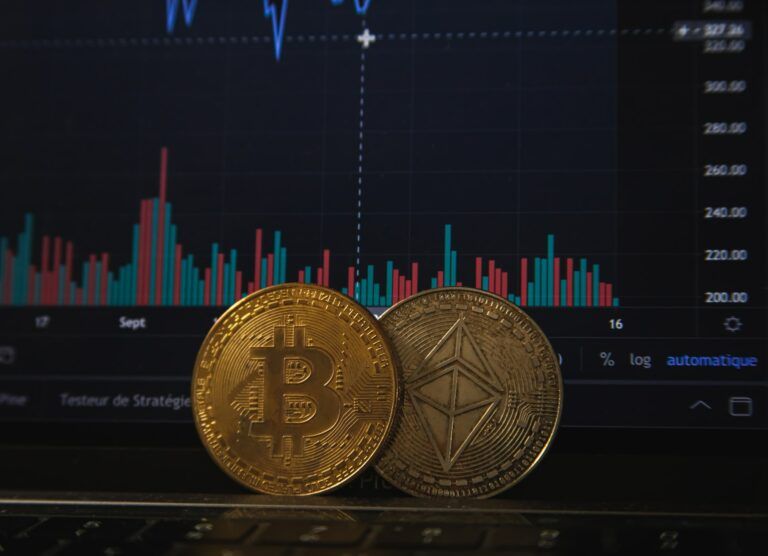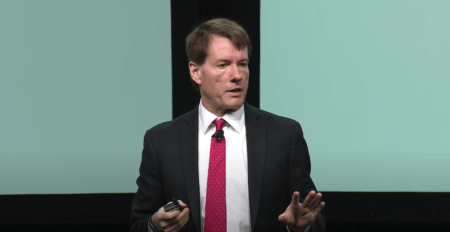In a follow-up to their historic rally in 2021, Bitcoin, Ethereum, and other cryptocurrencies are presently mired in a lackluster performance, with speculators forecasting a resurgence of the bull run.
The value of Bitcoin, despite a near doubling from its lows in late 2022, has found it challenging to rekindle its upward trajectory this year. The Ethereum price tag has similarly been eclipsed by the recent surge in meme-based digital currencies.
According to Forbes, Goldman Sachs, Microsoft, and other industry giants are investing in technologies with the potential to mainstream Bitcoin, Ethereum, and cryptocurrency trading.
Rashmi Misra, Microsoft’s general manager of artificial intelligence and emerging technologies, wrote in a press release announcing the Canton Network blockchain project:
We look forward to helping the financial community build and scale cloud-enabled web3 applications on Azure while harnessing the power of AI to improve the user experience and drive developer adoption.
Goldman Sachs and Microsoft, among other notable entities such as Deloitte, S&P Global, Moody’s, BNP Paribas, Cboe Global Markets, and Paxos, have endorsed the Canton Network.
This up-and-coming blockchain platform, scheduled for a July testing rollout, is engineered to address prevalent cryptocurrency issues, including privacy deficits, control over data, cross-chain compatibility, and scalability.
The Canton Network is set to connect trading platforms, including those of Deutsche Börse, Goldman Sachs, and more. According to recent revelations, its monthly notional traded volume surpasses most active crypto tokens.
Earlier in 2023, two global financial powerhouses, Fidelity and BlackRock, independently announced their foray into the Bitcoin, Ethereum, and cryptocurrency landscape. Fidelity has launched its crypto trading platform for its 37 million users, offering commission-free Bitcoin and Ethereum transactions.
Microsoft, it’s worth noting, is reportedly developing a built-in Ethereum crypto wallet for its Edge browser, enabling users to send and receive cryptocurrencies and NFTs without additional extensions.
The tech giant started accepting Bitcoin for digital goods back in December 2014, but because of the cryptocurrency’s volatility and risk it removed it as a payment option in July 2021. Microsoft users can, nevertheless, still use BTC to fund their account.
Image Credit
Featured Image via Unsplash









